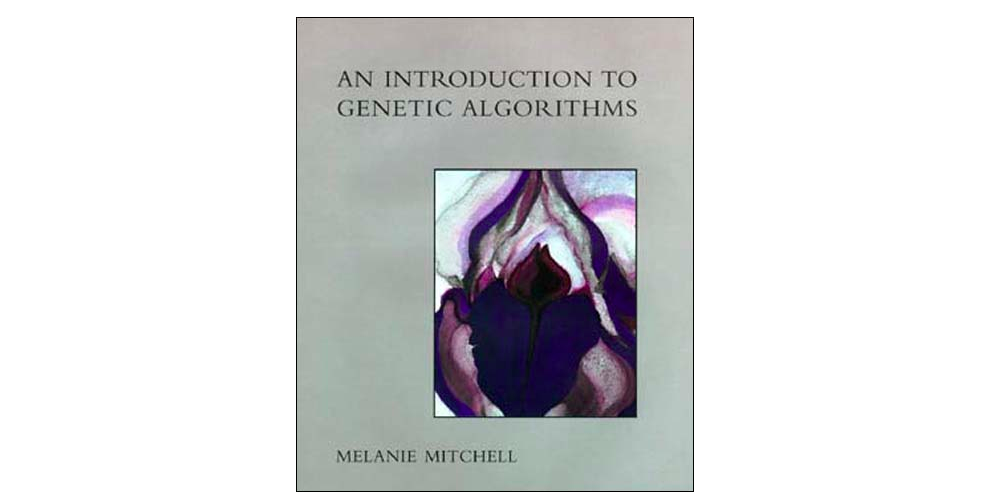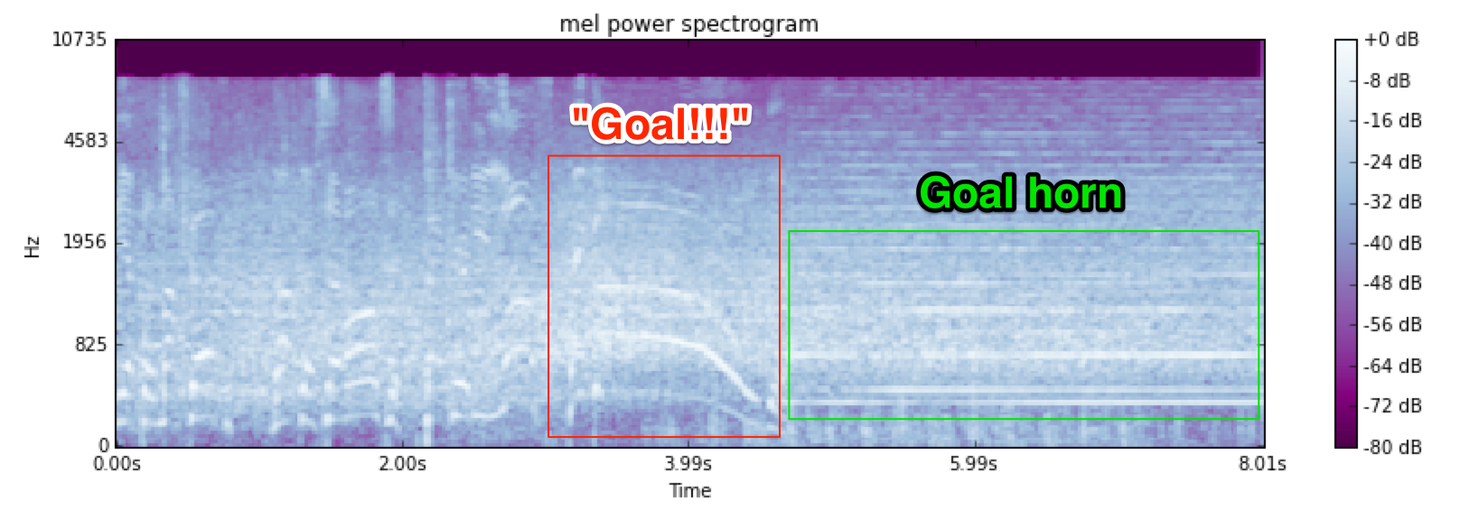Welcome to the 3rd issue of AI Weekly!
This week, I am introducing a new section: the Topic of the week. And since we have had some interesting posts and discussions around Recurrent Neural Networks (RNNs) this week, I'll start this new section with a deep-dive on RNNs, enjoy!
Thanks for subscribing,
In the News
Ethics of artificial intelligence
4 leading researchers express their opinions on the development of AI and related challenges: Stuart Russell (Take a stand on AI weapons), Sabine Hauert (Shape the debate, don't shy from it), Russ Altman (Distribute AI benefits fairly) and Manuela Veloso (Embrace a robot–human world).
Google a step closer to developing machines with human-like intelligence
Google is said to work on algorithms that would "encode thoughts", and bring "common sense" to our computers and devices.

Computational aesthetics algorithm spots beauty that humans overlook
A team at the University of Turin has developed an algorithm to evaluate the "beauty" of an image, and help us find the best content on platforms such as Flickr.
Also in the news this week
- Stuart Russell expresses his concerns over AI, calling for researchers to look beyond the goal of merely making artificial intelligence more powerful
- A team at Queen Mary University in the UK has come up with a deep neural network framework that beats humans at sketch recognition
- Keen software house makes AI that can learn and create a hierarchy of goals
- Jason Koebler (Vice) wonders if super-intelligent agents would ignore us humans rather than destroying us
- Some thoughts on the personalization services developed by Nara Logics
- A new app lets depressed teens chat with celebrities and dead friends
Featured
Recurrent Neural Networks seem to be all the rage this week. Enjoy this little deep-dive into the topic.
The unreasonable effectiveness of Recurrent Neural Networks
Great post on recurrent neural networks, with a bunch of fun examples where RNNs are used to generate Shakespearean essays, Linux code and more!
The unreasonable effectiveness of Character-level Language Models
Yoav Goldberg replies to the above post. He introduces unsmoothed maximum-likelihood character level language models and demonstrates their effectiveness at generating natural language outputs.

RNN - Handwriting generation demo
Great online demonstration built by Alex Graves. He uses Long Short-term Memory recurrent neural networks to synthesize handwritten words. The result is very realistic and you can test it with different handwriting styles.
Training Recurrent Neural Networks (thesis)
Thorough overview of RNNs, for those who have some spare time and are willing to dive into the specifics! (PhD thesis by Ilya Sutskever)
Learning
Key lessons for machine learning
Paper written for Machine Learning researchers and practitioners, with 12 key lessons on datasets, feature selection, overfitting, model construction and more.

Free ebook - Introduction to Genetic Algorithms
Genetic algorithms are designed to solve practical problems by mimicking the natural selection process. This free ebook is a good introduction to the field.
Learning to see by moving
Complex neural networks are often trained using millions of hand-labelled images. In real-life, though, our brains don't get trained this way, but rather by looking at moving objects and scenes. This paper explores the possibility of performing advanced training using egomotion as a supervisory signal for feature learning.
Software tools & code
Why are eight bits enough for Deep Neural Networks?
Interesting article on the levels of precision needed for deep neural networks to work appropriately.
Brains & Neurons
How the brain makes decisions
Researchers at the EPFL have developed the first biologically plausible model that can handle non-Markovian decision-making.
Major milestone reached in the Brain Preservation Challenge
A team in Heidelberg have come up with a technique to preserve a mouse brain at the ultrastructure level. Such a preservation should make it possible to perform electron microscopic imaging of its entire connectome. Huge milestone.
Some thoughts

Hacking an epic NHL goal celebration
Using real-time machine learning to detect when goals occur in live NHL games, François Maillet developed this very nice hack to create a hue light show with Philips hue lights. Awesome idea and great post blog with implementation details!
About
This newsletter is a weekly collection of the best news and resources on Artificial Intelligence and Machine Learning. If you find it worthwhile, please forward to your friends and colleagues, or share on your favorite network.
Share on Twitter · Share on Linkedin · Share on Google+
Suggestions or comments are more than welcome, just reply to this email. Thanks!
